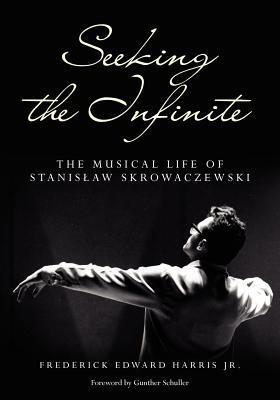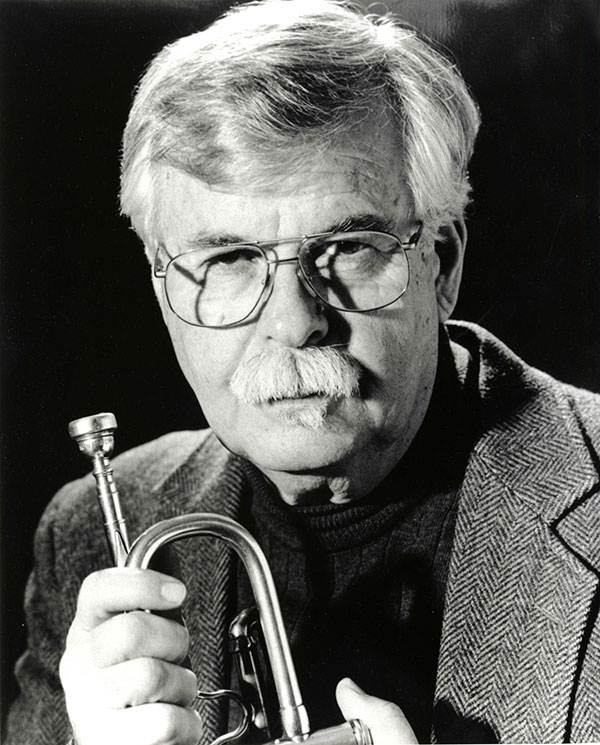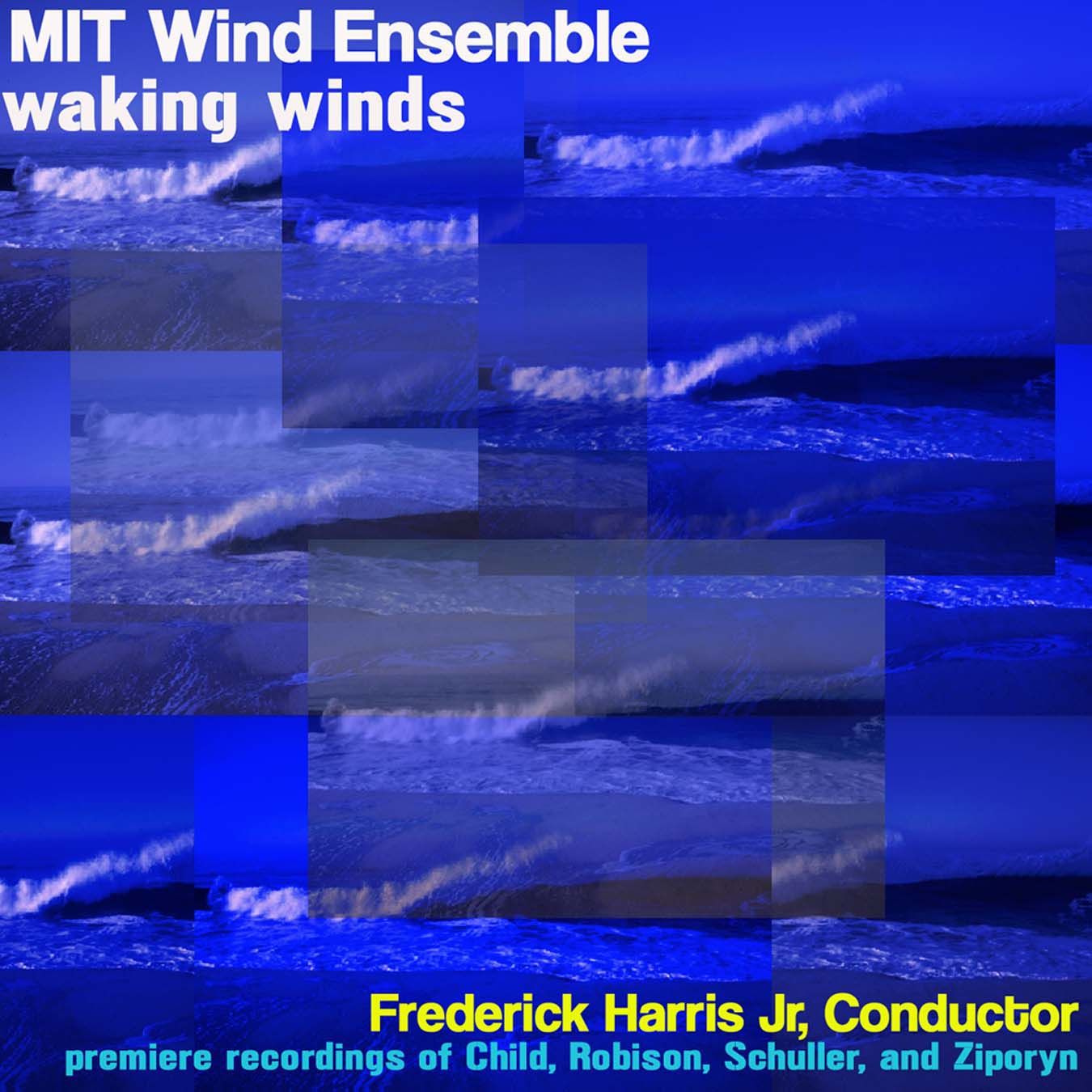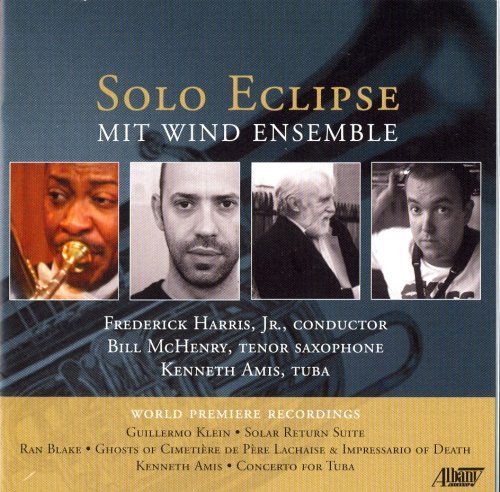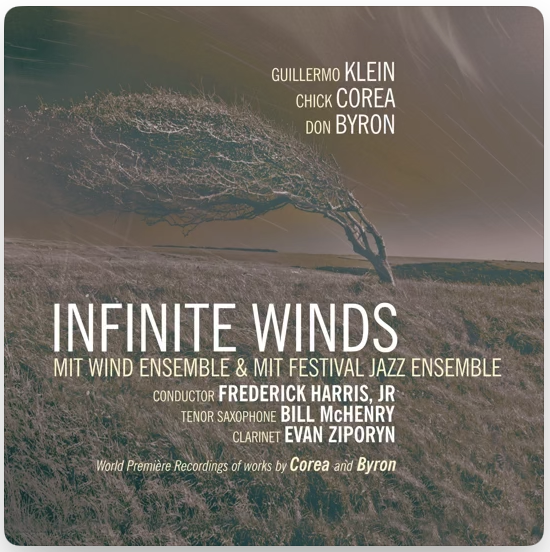Frederick Harris, Jr.
Conductor, Author, Music Director
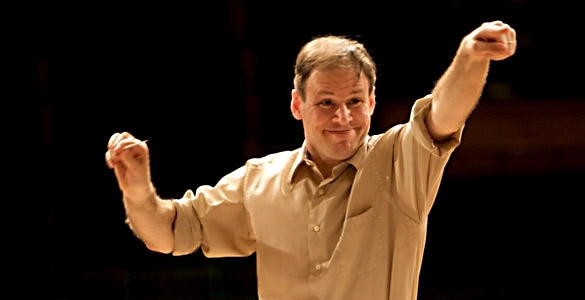
Conductor, Author, Music Director

Dr. Frederick Harris, Jr. is the Director of Wind and Jazz Ensembles at MIT, where he serves as Music Director of the MIT Wind Ensemble, MIT Festival Jazz Ensemble, and Jazz Coordinator, overseeing jazz chamber music programs including three combos, MIT Vocal Jazz Ensemble, and the Emerson Jazz Scholars Program. Harris is also the creator and director of It Must Be Now!, a project creating music and visual art on themes of racial justice. He is alsoleading a project combing Brazilian music and environmental research, focused on the Amazon rainforest.
Harris has been highly active with public school students and music educators throughout his career, leading seminars, guest conducting, and coordinating enrichment events at MIT and beyond. Nominated by his students, Harris is a 2013 and 2019 recipient of the James A. and Ruth Levitan Award for Excellence in Teaching in the School of Humanities, Arts, and Social Sciences at MIT.
Harris has been highly active with public school students and music educators throughout his career, leading seminars, guest conducting, and coordinating enrichment events at MIT and beyond. Nominated by his students, Harris is a 2013 and 2019 recipient of the James A. and Ruth Levitan Award for Excellence in Teaching in the School of Humanities, Arts, and Social Sciences at MIT.
He is the author of Conducting with Feeling and Seeking the Infinite: The Musical Life of Stanisław Skrowaczewski, and currently he is writing a biography of Herb Pomeroy. He has published articles/book chapters related to conducting, jazz, and wind ensemble performance.
He and the MIT Wind Ensemble have been featured on NPR and PBS in the 2014 Emmy-winning documentary Awakening: Evoking the Arab Spring through Music, with music by Jamshied Sharifi. Harris and his students also are featured in the 2018 Emmy-winning documentary Imagination Off The Charts: Jacob Collier Comes to MIT, and the Emmy-nominated documentary The Great Clarinet Summit.
Read More
He and the MIT Wind Ensemble have been featured on NPR and PBS in the 2014 Emmy-winning documentary Awakening: Evoking the Arab Spring through Music, with music by Jamshied Sharifi. Harris and his students also are featured in the 2018 Emmy-winning documentary Imagination Off The Charts: Jacob Collier Comes to MIT, and the Emmy-nominated documentary The Great Clarinet Summit.
Read More
Publications, Projects, Ensembles
Seeking the Infinite
Seeking the The Musical Life of Stanislaw Skrowaczewski is the riveting biography of one of classical music’s most eminent artists. Like the legendary Leonard Bernstein, Skrowaczewski is one of the few conductor-composers of his generation whose achievements in both realms uphold a tradition reaching back to Mahler. Frederick Harris vividly details Skrowaczewski’s incredible his struggle for survival in Poland during World War II; his tenures as music director of the Minnesota Orchestra and Halle Orchestra; and his complex career as an internationally renowned conductor-composer.
Herb Pomeroy Collection
Herb Pomeroy (1930-2007) is an influential figure in jazz who was a renowned trumpet player, bandleader, and educator. Duke Ellington once described him as “one of America’s jazz treasures.”
Pomeroy was known as an ambassador for jazz both in this country and throughout the world. Most of his teaching took place at the Berklee College of Music and MIT, where he inspired generations of students who still remember his positive influence on their lives.
Pomeroy was known as an ambassador for jazz both in this country and throughout the world. Most of his teaching took place at the Berklee College of Music and MIT, where he inspired generations of students who still remember his positive influence on their lives.
MIT Wind Ensemble
Founded by Fred Harris in the fall of 1999, the MIT Wind Ensemble is comprised of outstanding MIT undergraduate & graduate students studying a wide variety of fields. The central mission is the enhancement of the musical education and artistic sensitivity of its members through performance in large and small wind ensembles of music of diverse styles from the 16th century to the present day.
MIT Festival Jazz Ensemble
The MIT Festival Jazz Ensemble (MIT FJE) was founded in 1963 by Boston jazz icon Herb Pomeroy and led since 1999 by Dr. Frederick Harris, Jr. This advanced 18 to 20-member big band/jazz ensemble is comprised of outstanding MIT undergraduate and graduate students studying a wide range of disciplines.
Groton Hill
Dr. Frederick Harris, Director, Groton Hill Wind Ensemble (Youth Ensembles)
The prestigious Groton Hill Wind Ensemble offers woodwind, brass, and percussion players the opportunity to play, learn, and grow together as performers. Under the direction of award-winning conductor Dr. Frederick Harris, motivated students will find a fun, welcoming, challenging home for music exploration through a broad repertoire, from classical to jazz and non-Western music.
The prestigious Groton Hill Wind Ensemble offers woodwind, brass, and percussion players the opportunity to play, learn, and grow together as performers. Under the direction of award-winning conductor Dr. Frederick Harris, motivated students will find a fun, welcoming, challenging home for music exploration through a broad repertoire, from classical to jazz and non-Western music.
Hearing Amazônia–The Responsibility of Existence
The impact of ecological devastation in the Amazon is representative of the climate crisis worldwide. Inspired by the research and activism of Talia Khan ’20 and building upon experiences with CAST Visiting Artists Luciana Souza and Anat Cohen, Hearing Amazônia—The Responsibility of Existence is a project created by Frederick Harris Jr.
Recordings
Press
Video
